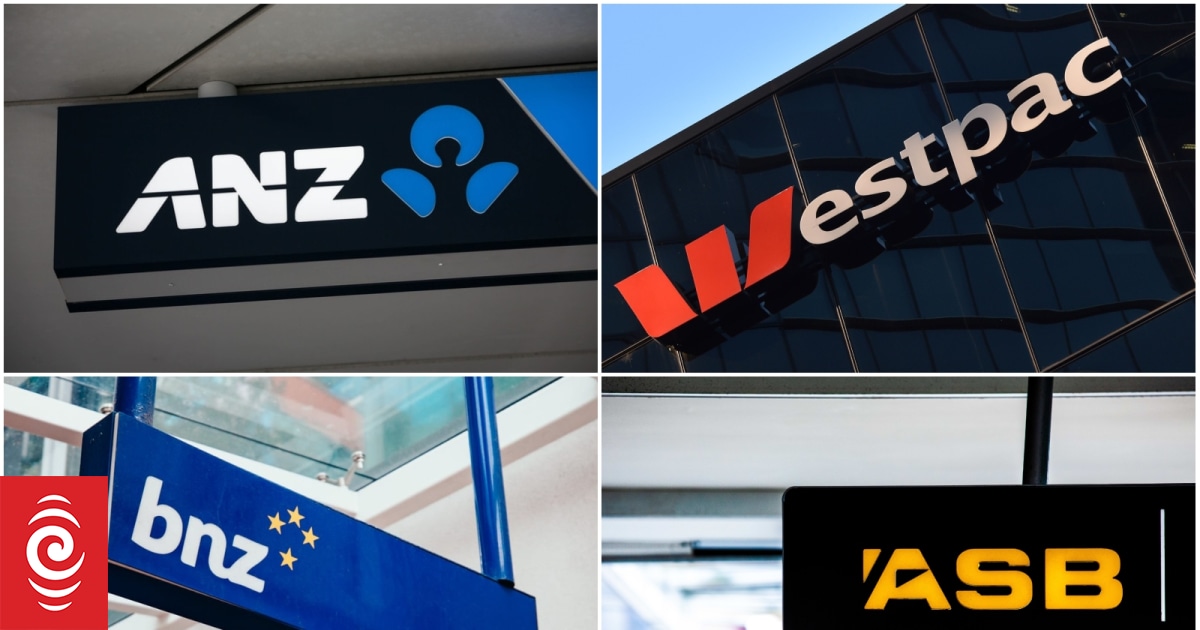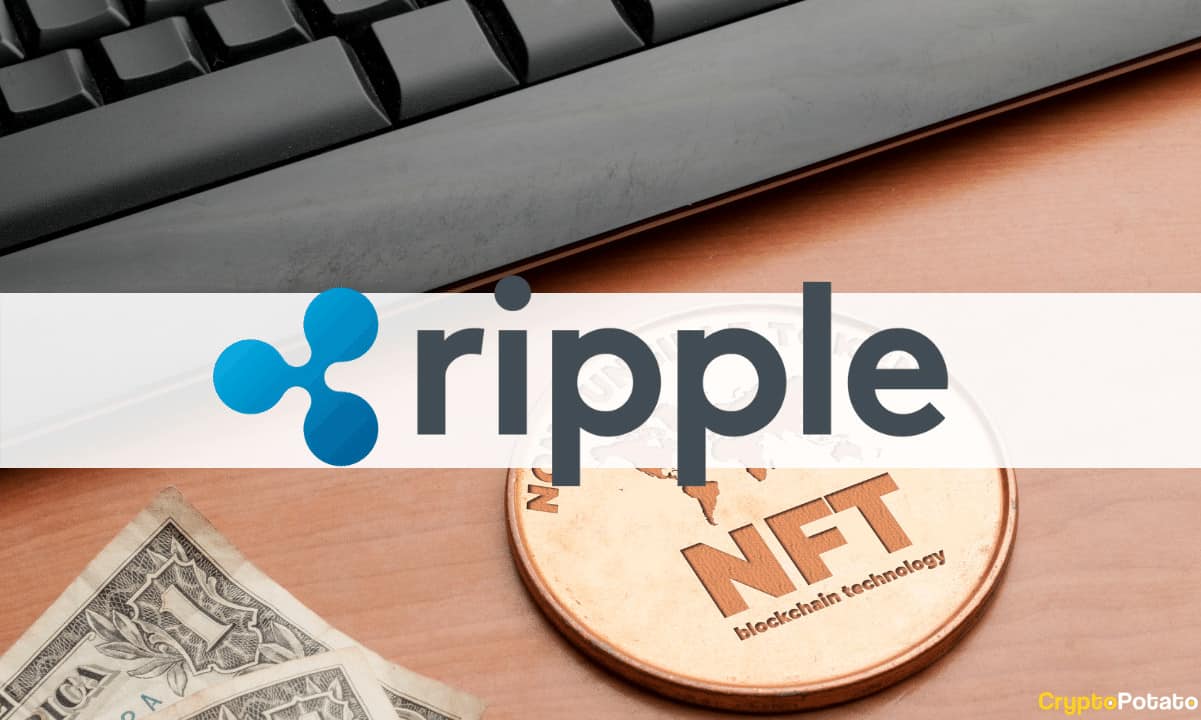Microsoft (NASDAQ: MSFT) has its sights on new frontiers for its artificial intelligence (AI) and cloud computing abilities after pledging to invest AU$5 billion (US$3.2 billion) in Australia.
The investment sum will be spread over two years and will be focused on improving the AI capabilities of the Oceanic country, Reuters reported. A portion of the amount will be deployed to strengthen Australia’s computing capacity by up to 250% before the end of 2026 to support AI innovation.
Microsoft says there are concrete plans to add nine new data centers in Canberra, Melbourne, and Sydney, bringing the total figure to 29.
Microsoft disclosed in a statement that the investment in Australia will support the training of 300,000 Australians with AI and cybersecurity skills to “succeed in the digital economy.” The company has already struck a deal with the Technical and Further Education New South Wales (TAFE NSW) to establish an AI learning center in the country.
“This is a major investment in the skills and workers of the future,” said Australia Prime Minister Anthony Albanese. “We need to provide the skills to enable Australians to succeed in the jobs of the future.”
Australia has no proper AI regulatory framework, but the government has taken a friendly stance toward emerging technologies, hinting at a warmer embrace. In early October, Jason Clare, Australia’s federal minister for education, suggested that OpenAI could be used in schools nationwide.
“We’ve got to learn how to use it,” said Clare. “Private schools are using it now. Kids are using it right across the country, they’re using it to do their homework… we’re playing catch up, to be honest.
Experts opine that AI and automation of key sectors can add up to AU$115 billion (US$72 billion) to Australia’s GDP if adequately harnessed. Tech giant Google (NASDAQ: GOOGL) has also pledged to sink $1 billion into Australia, kickstarting what pundits describe as a capital and talent flight from the United States.
Australia has since launched a public consultation to seek the opinions of AI developers, academics, and other stakeholders on a proposed regulatory framework.
Uncertain regulation in the US
AI developers in the U.S. face stormy weather from regulators over allegations of breaching consumer protection rules. In July, the Federal Trade Commission (FTC) formally began investigating OpenAI, with Meta (NASDAQ: META) facing a barrage of class action lawsuits bordering copyright infringements.
A culmination of legal and regulatory troubles has forced AI companies to look outside the shores of the U.S. to set up operations. Shanal Aggarwal, Chief Commercial Officer at TechAhead, stated that Australia stands to be the biggest winner from the negative and uncertain state of regulation in the United States.
“When rules are too strict or confusing, it can push the AI developers to work in other countries instead of the U.S. because other places might have clearer and more flexible rules,” Aggarwal said.
CoinGeek Roundtable with Joshua Henslee: AI, ChatGPT, and Blockchain

New to blockchain? Check out CoinGeek’s Blockchain for Beginners section, the ultimate resource guide to learn more about blockchain technology.
Note: This article have been indexed to our site. We do not claim legitimacy, ownership or copyright of any of the content above. To see the article at original source Click Here













